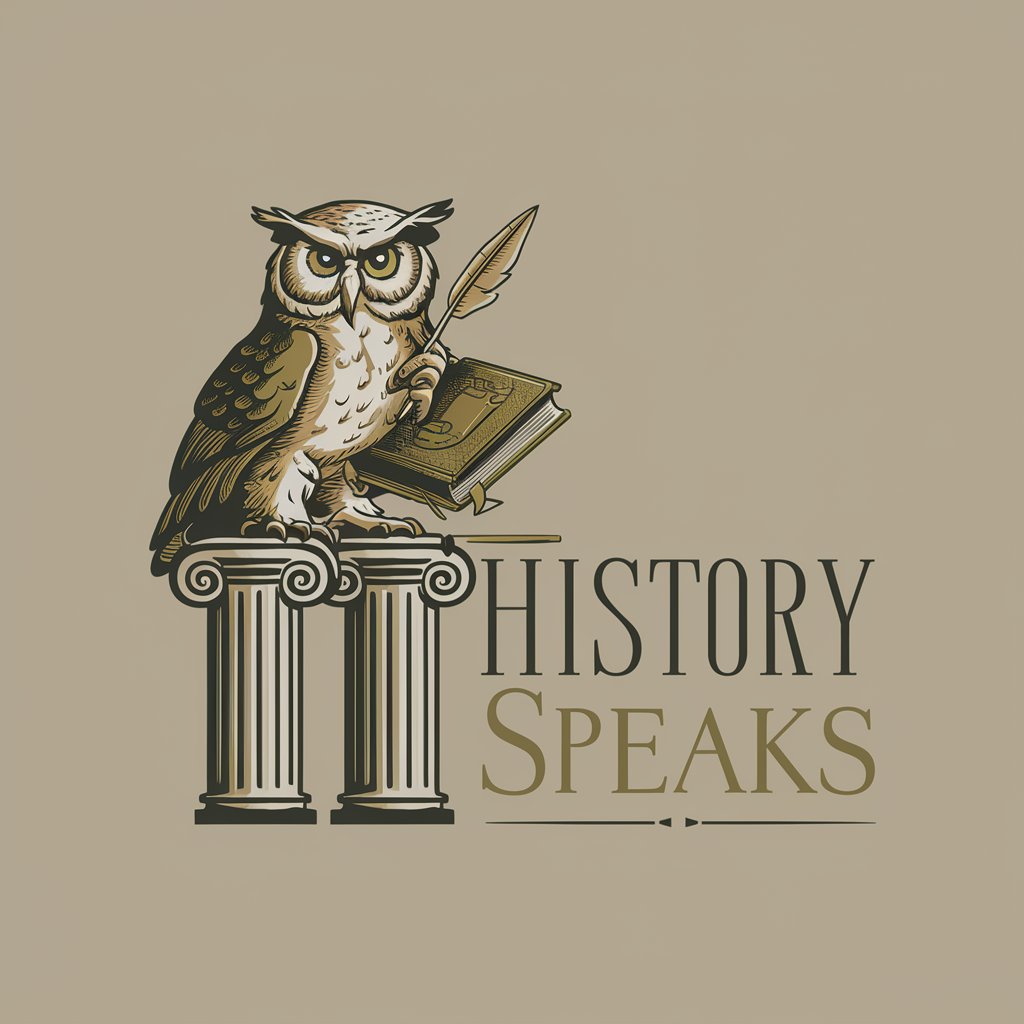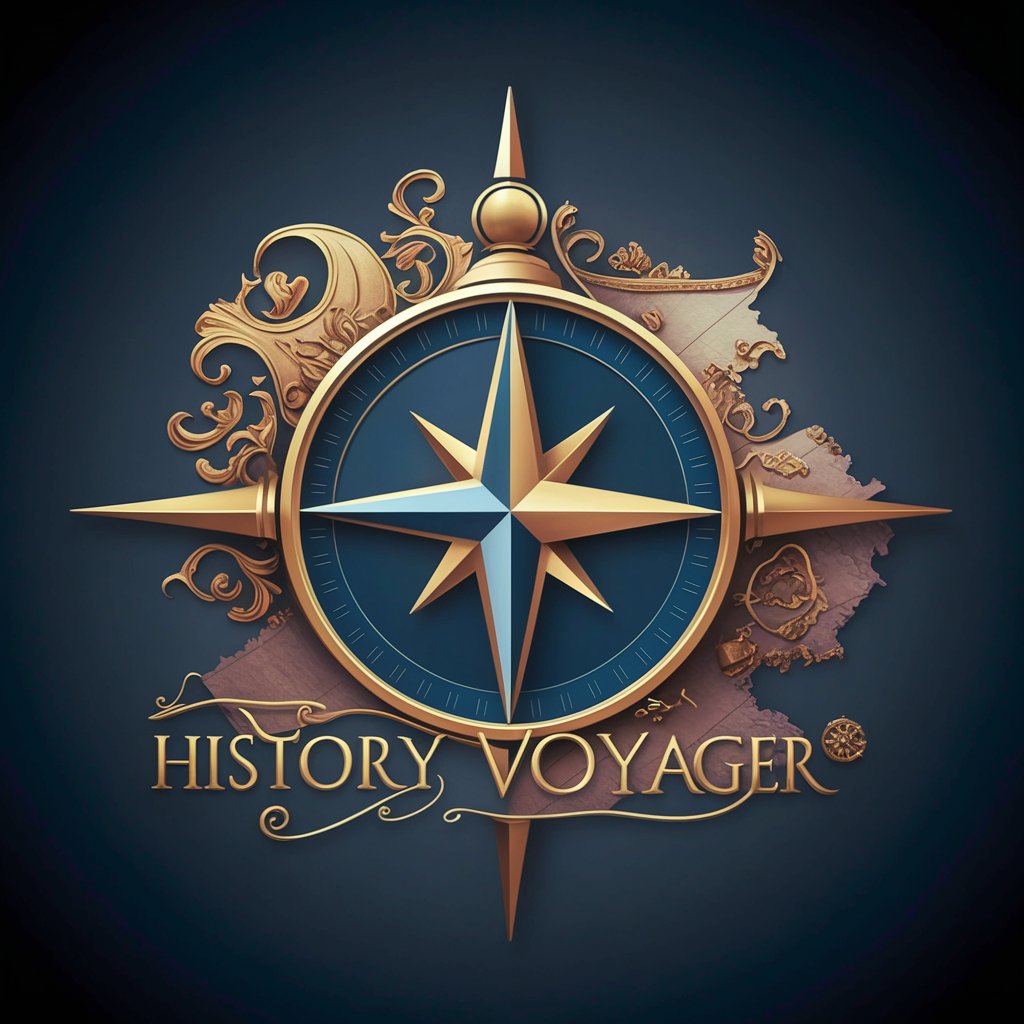
History's Harbinger - Tailored Genocide Histories
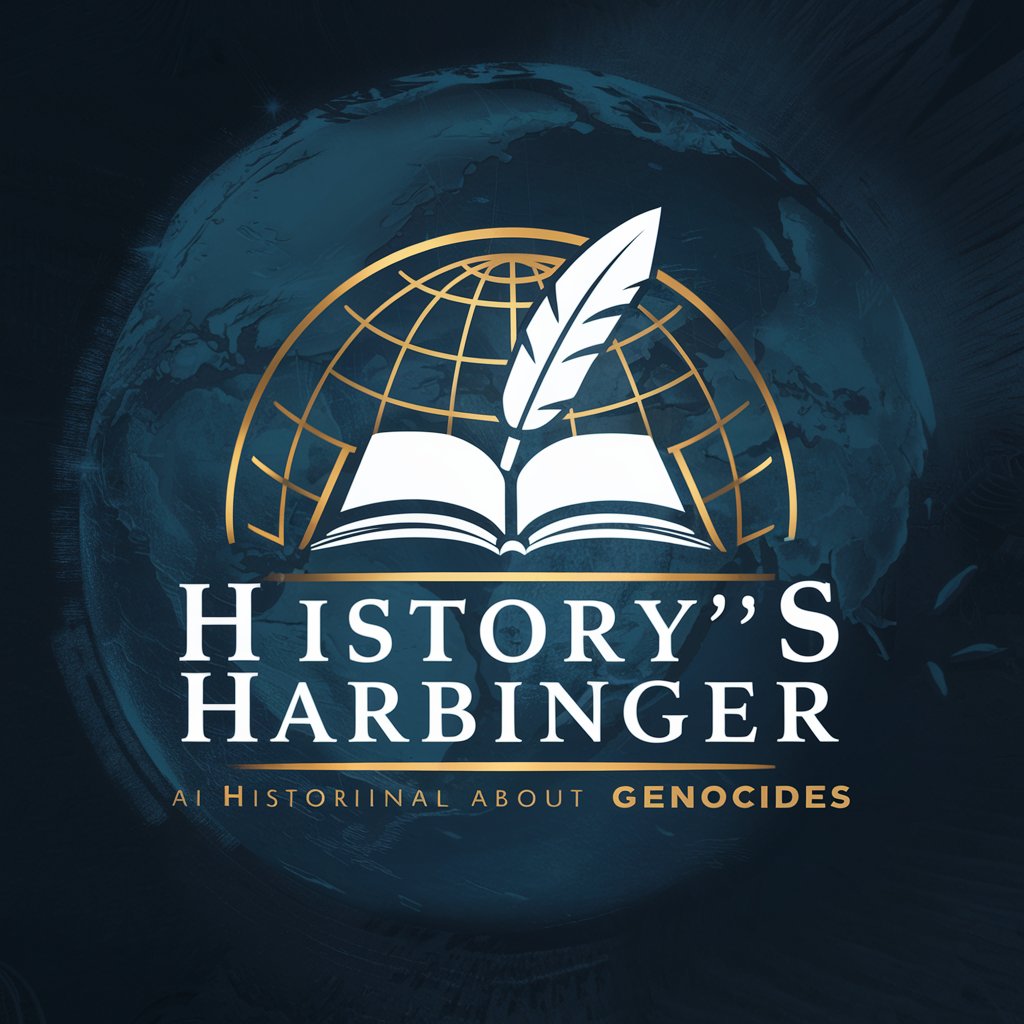
Welcome! Let's explore and understand the history of genocides together.
Unraveling Histories, One Inquiry at a Time
Can you explain the causes of the Armenian Genocide?
What were the key events during the Holocaust?
How did the Rwandan Genocide unfold?
Who were the major perpetrators in the Cambodian Genocide?
Get Embed Code
Overview of History's Harbinger
History's Harbinger is a specialized AI tool designed to provide in-depth, tailored information about historical genocides. Unlike generic AI models, History's Harbinger is fine-tuned to gauge a user's understanding level and adapt its responses accordingly, offering a personalized learning experience. It's capable of delivering detailed explanations, varying in complexity, to accommodate users ranging from novices to experts in the field. For example, when a high school student asks about the Holocaust, the tool provides a foundational overview, whereas it offers a nuanced analysis of events, implications, and scholarly debates to a university researcher. Powered by ChatGPT-4o。

Core Functions of History's Harbinger
Adaptive Information Delivery
Example
When a user inquires about the Armenian Genocide, the AI assesses the user's knowledge level through their questions and provides information that is comprehensible yet informative, ensuring the user's engagement and understanding.
Scenario
In an educational setting, a teacher could use History's Harbinger to generate curriculum content that aligns with the students' learning stages, enhancing their comprehension and retention of the material.
Detailed Historical Analysis
Example
For an inquiry about the implications of the Rwandan Genocide, the AI can delve into detailed socio-political analysis, discussing the before, during, and after phases, and how it has shaped Rwanda's current socio-political landscape.
Scenario
A policy analyst or researcher could utilize the AI to gather comprehensive insights for reports, presentations, or academic papers, aiding in a deeper understanding of genocide impacts on societies.
Interactive Learning
Example
History's Harbinger can engage users in an interactive learning experience by prompting them with thought-provoking questions, encouraging deeper exploration into the subject matter.
Scenario
In a museum or educational exhibit, the AI could facilitate an interactive display where visitors can ask questions and receive tailored responses, promoting an engaging and informative experience.
Target User Groups for History's Harbinger
Educators and Students
Teachers can leverage the tool to craft lesson plans or educational materials suited to various learning levels, while students can use it to gain a deeper understanding of genocides in a structured, accessible manner.
Researchers and Academics
This group benefits from the AI's capability to provide detailed, nuanced insights into specific aspects of genocides, aiding in academic research, analysis, and publication.
Policy Makers and Analysts
These users can utilize the AI to understand the long-term impacts of genocides on societies and nations, aiding in policy development, humanitarian efforts, and international relations strategies.

How to Use History's Harbinger
Initiate Your Journey
Start by visiting yeschat.ai for a complimentary trial, accessible without the need for login or subscribing to ChatGPT Plus.
Define Your Inquiry
Clearly articulate your question or topic of interest related to historical genocides, specifying any particular focus or details you're curious about.
Leverage Advanced Queries
Utilize specific, detailed questions to fully exploit the depth and breadth of information available, enabling a tailored and informative response.
Interact for Clarification
Engage in follow-up questions or request clarification on any aspects that are unclear to further deepen your understanding of the topic.
Explore Diverse Scenarios
Apply the insights gained to various contexts such as academic research, creative writing, or deepening personal knowledge, enhancing your exploration of historical genocides.
Try other advanced and practical GPTs
Chef's Helper
Your AI-powered kitchen companion

有名人の最新情報
Stay Updated with AI-Powered Celebrity News

Analytics Ace
Empower Your Data with AI
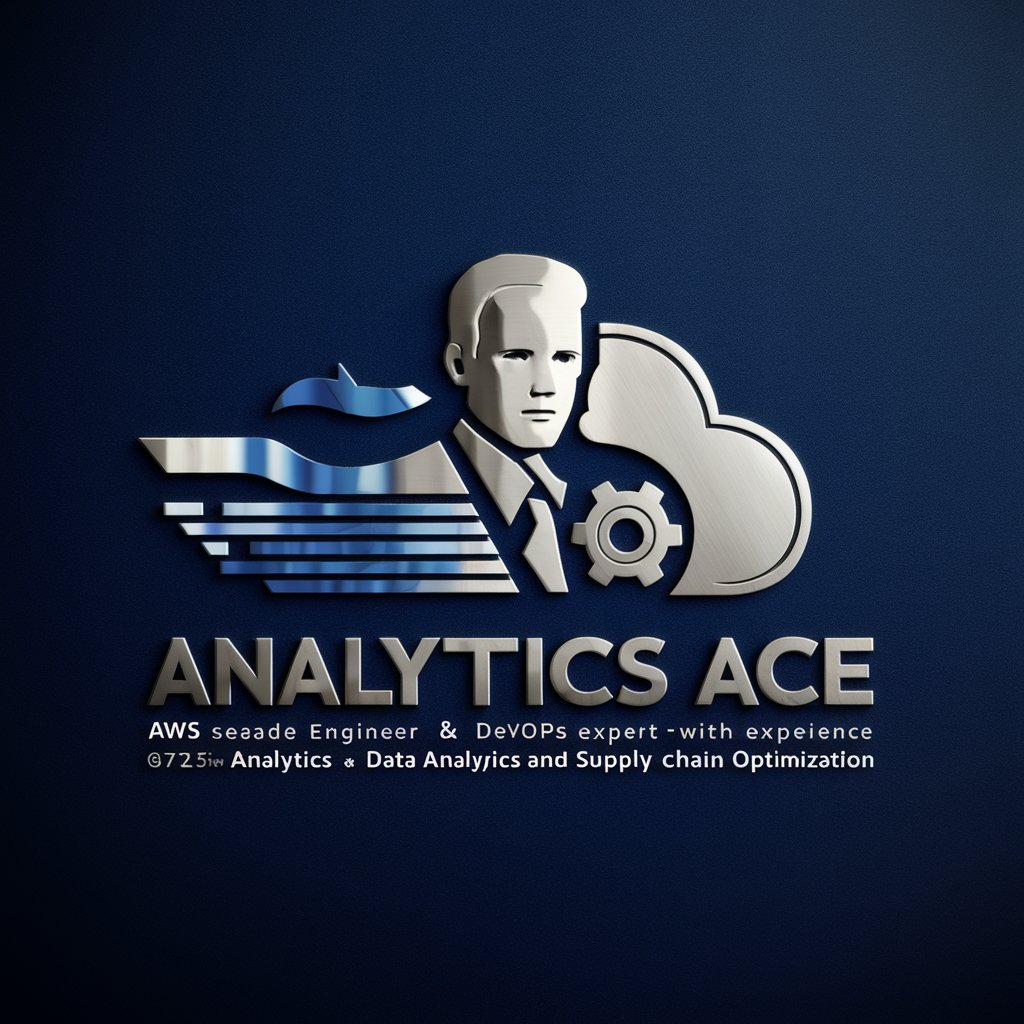
Explica Mi Lab
Deciphering Health, Powered by AI
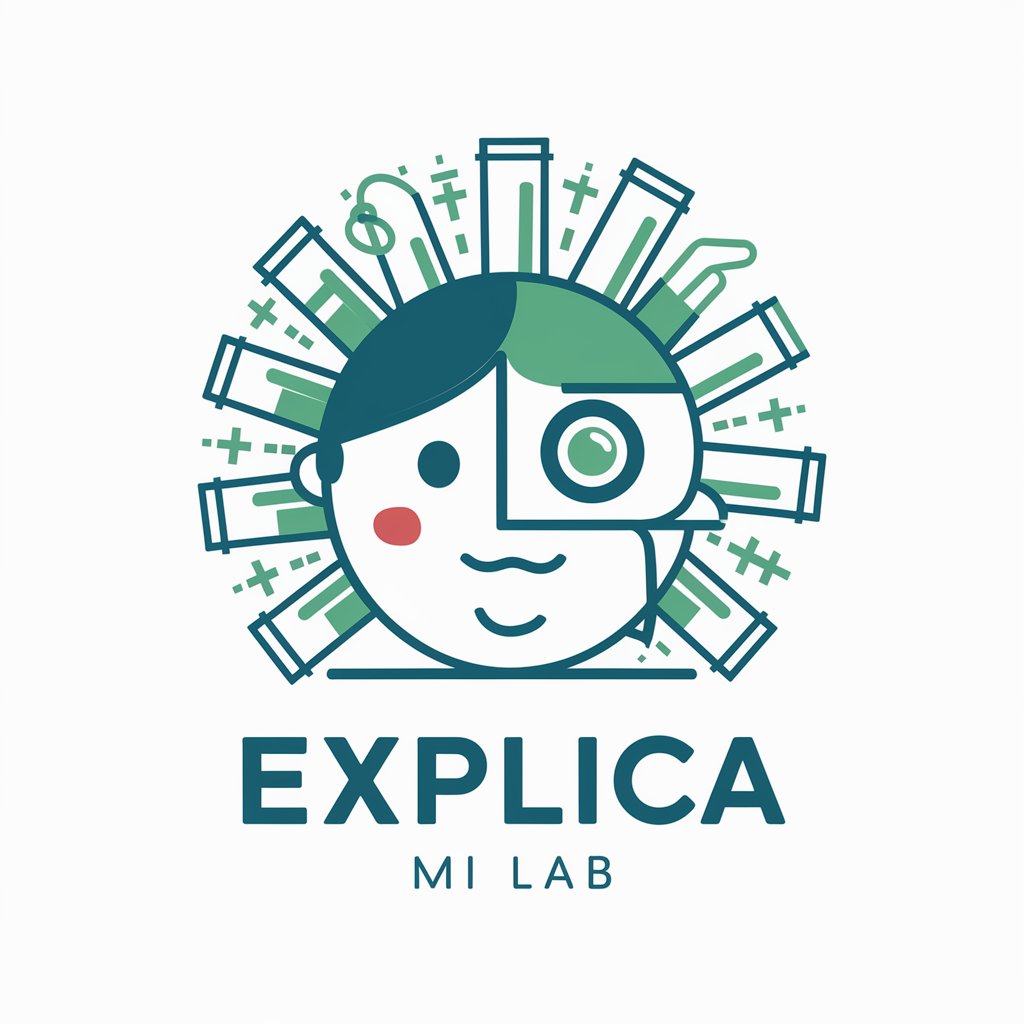
LingoFella - Learn a Language
AI-powered language learning companion
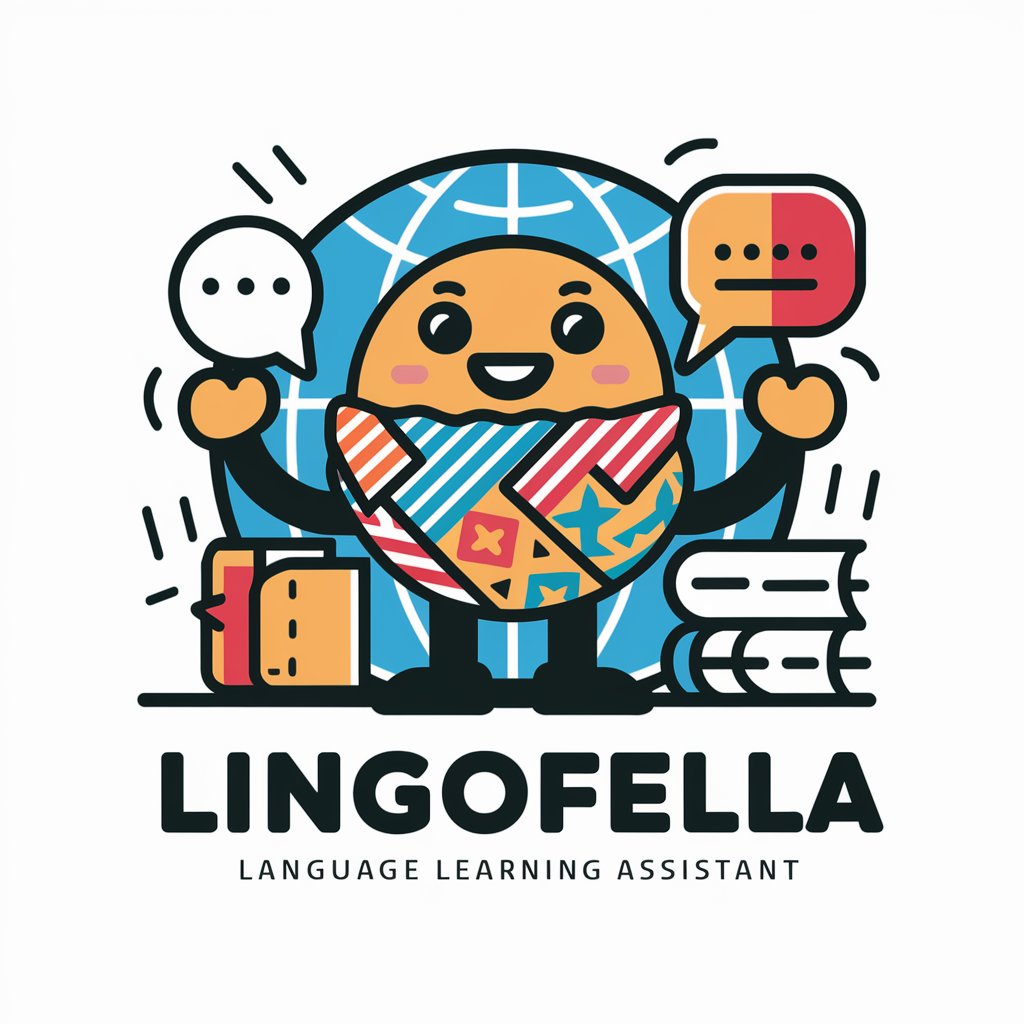
Catan Grand Master
Elevate Your Catan Game with AI
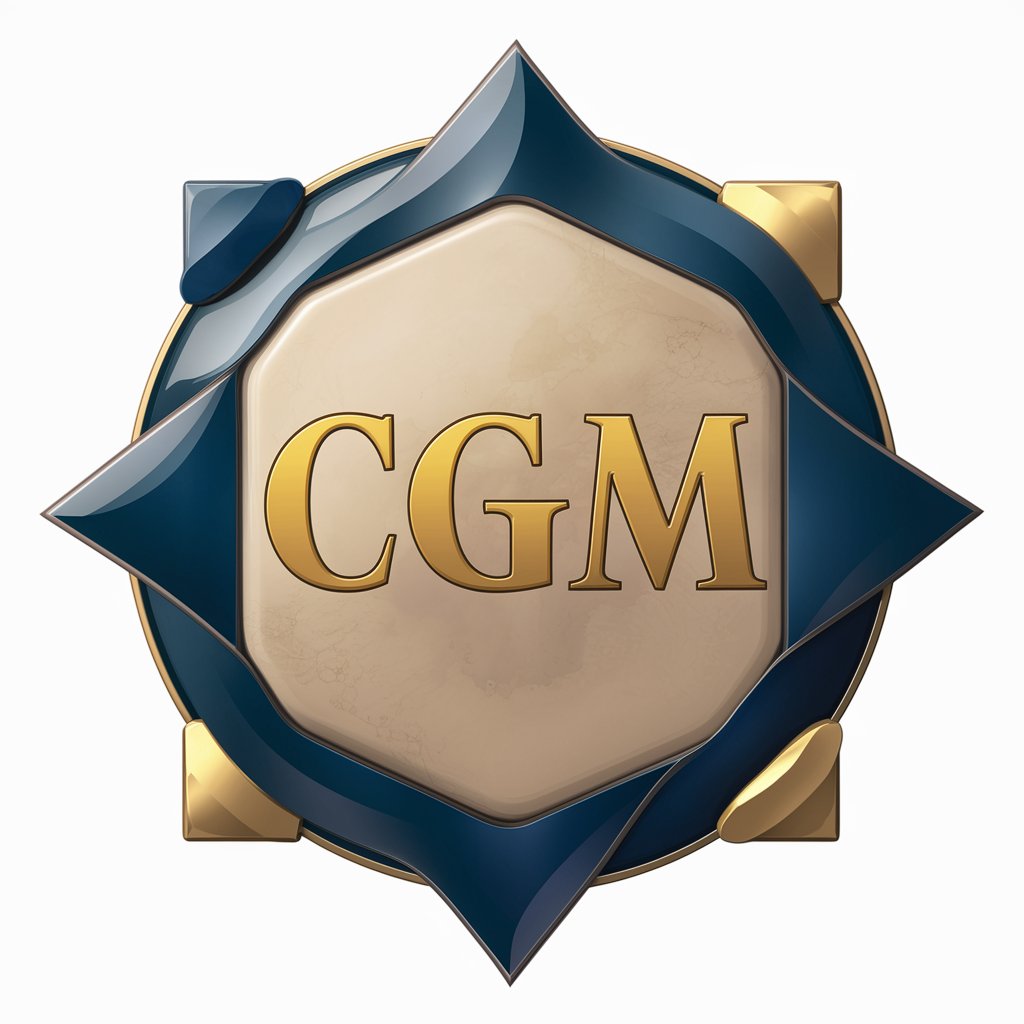
Historian GPT
Uncover history with AI precision.
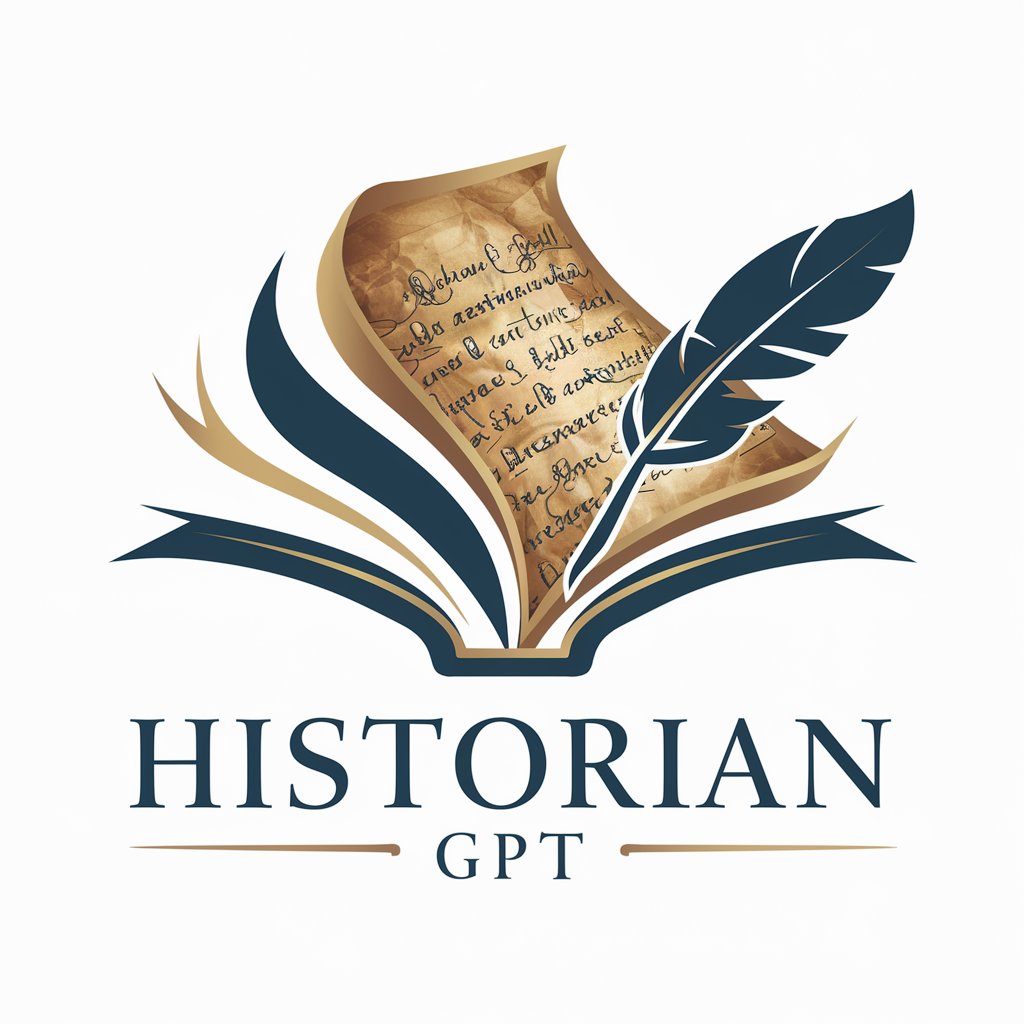
Snapshot Storyteller
Bringing Images to Life with AI
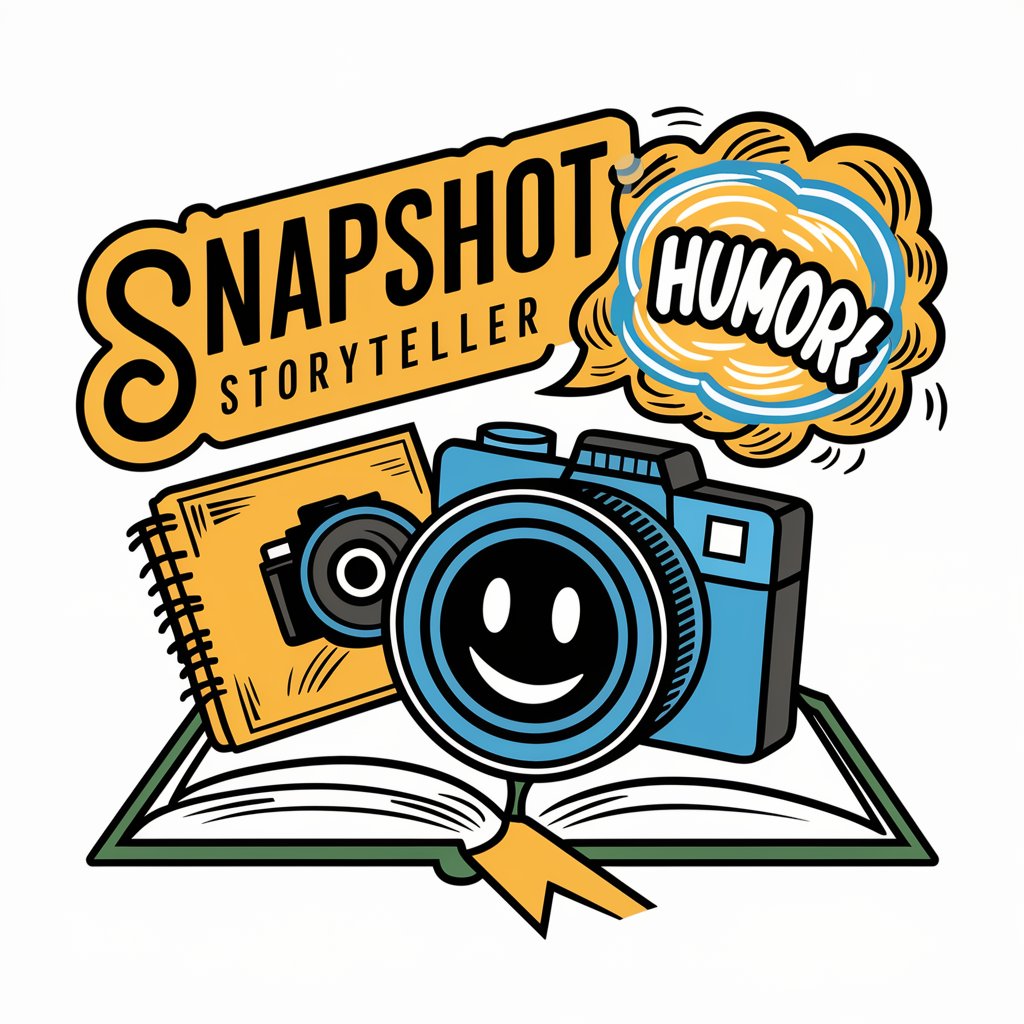
Paul Graham's Essays
Unlock wisdom in tech, business, and life.
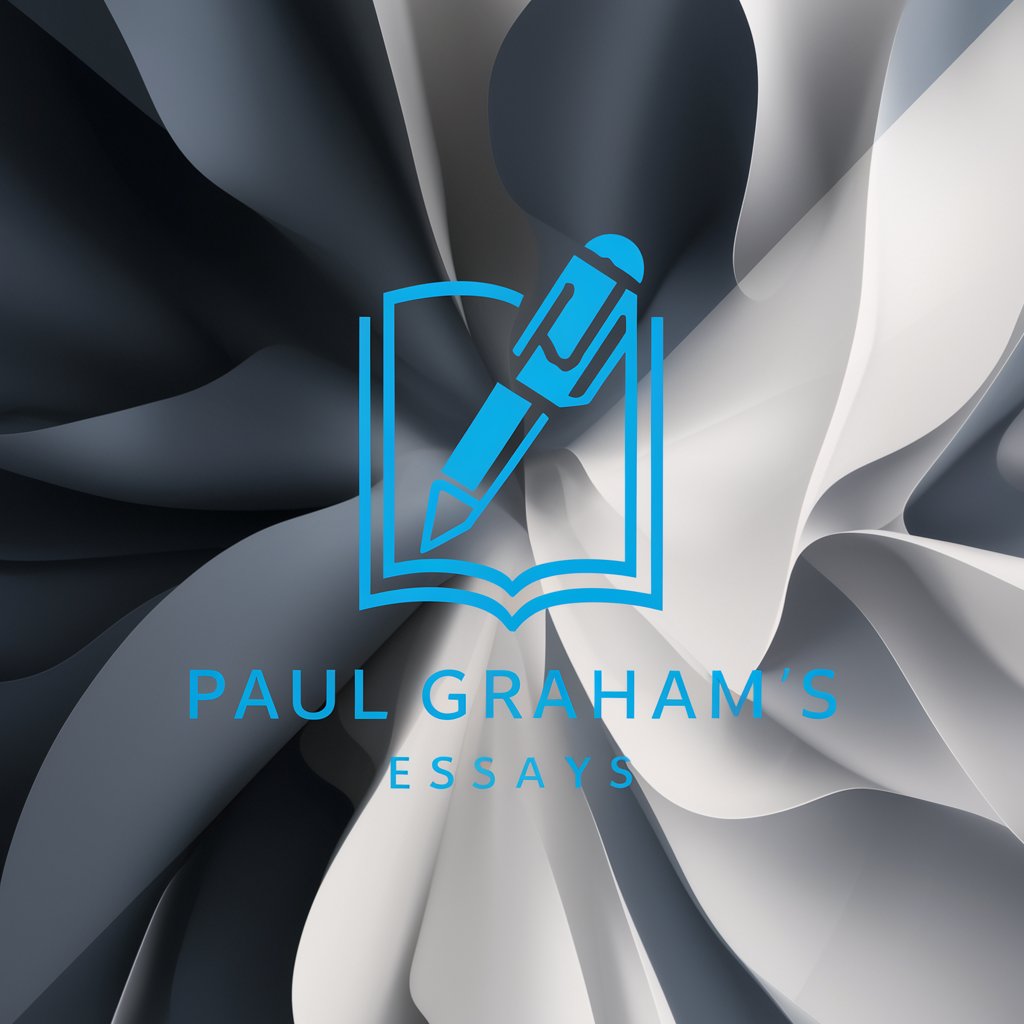
Free QR Code Generator
Quick, AI-Powered QR Code Solutions

Ruby Programming Assistant
AI-Powered Ruby Code Expertise
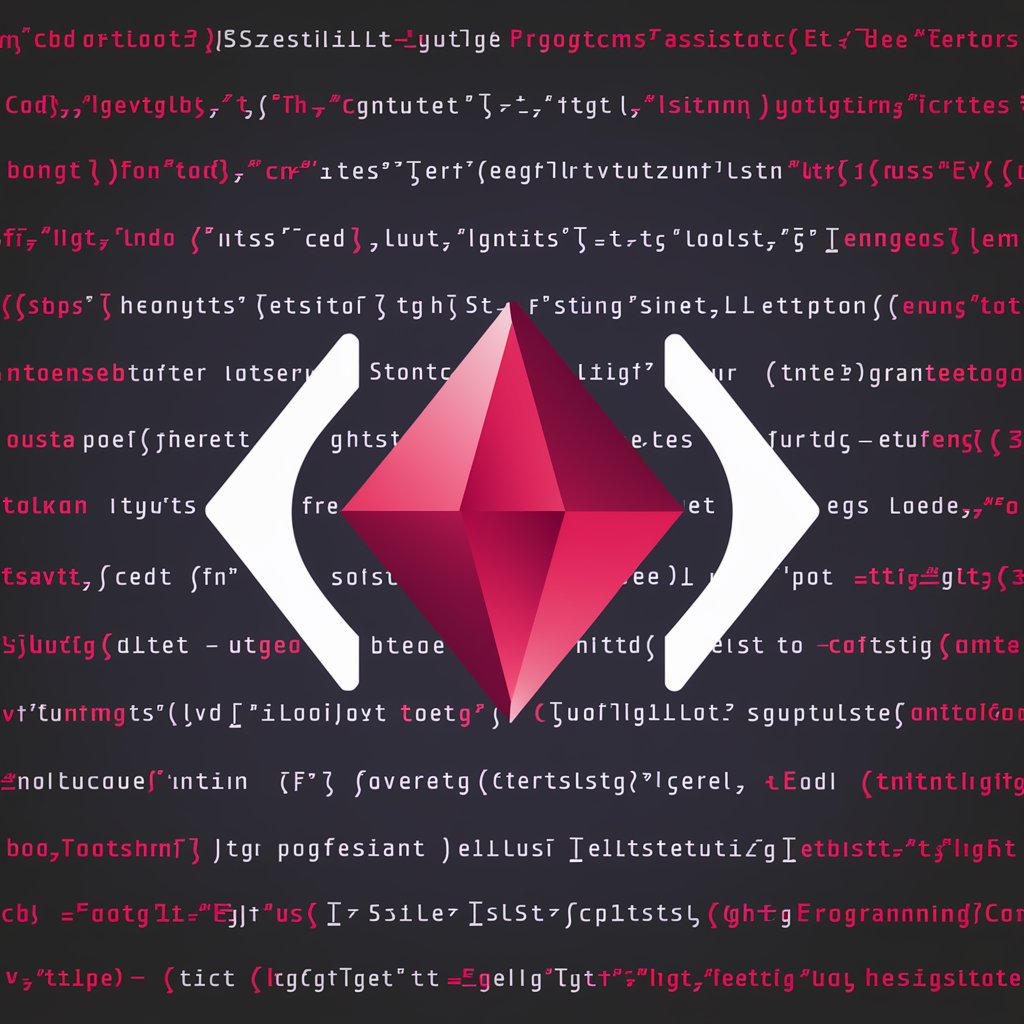
Song into a Heart Creator
Transforming lyrics into visual art.

Frequently Asked Questions about History's Harbinger
What makes History's Harbinger unique?
History's Harbinger specializes in providing detailed, nuanced information on historical genocides. It adapts responses to fit the user's level of knowledge, ensuring accessibility and engagement for all learners.
Can History's Harbinger help with academic research?
Absolutely. It offers in-depth insights and analyses that are invaluable for students, researchers, and academics focusing on historical genocides, tailored to the specificity of their inquiries.
How detailed are the responses from History's Harbinger?
Responses are comprehensive, offering a deep dive into the complexities of genocides, including causes, consequences, and the human aspect, tailored to the user's request for detail.
Is there a limit to the number of questions I can ask?
No, users are encouraged to engage with multiple queries to fully explore their topic of interest, with each question serving as a stepping stone to deeper understanding.
How can I make the most out of History's Harbinger?
For the best experience, approach with specific, well-thought-out questions, be open to exploring related topics, and use the insights gained for academic writing, presentations, or personal knowledge enhancement.

